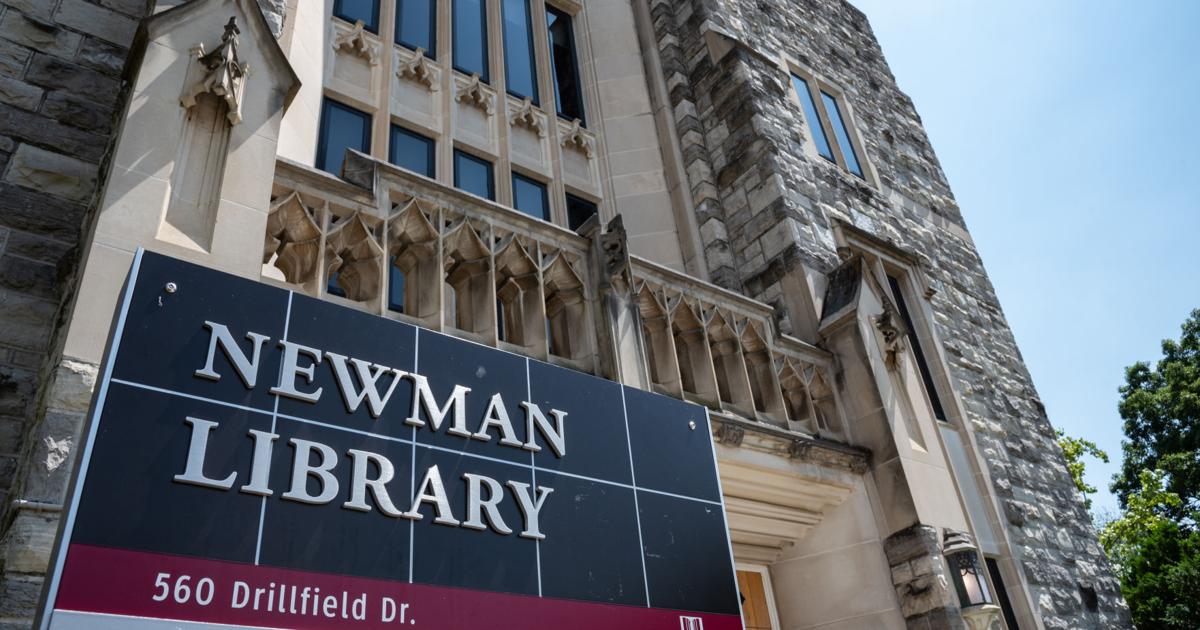Achieving Balance: The Essential Element for College Success


As students transition into college life, a critical aspect that often surfaces is the necessity for a solid work-life balance. With the beginning of academic courses, students are faced with the challenge of navigating their studies while taking advantage of the various social opportunities on campus. Striking an optimal balance between academic responsibilities and personal time is essential for success in both realms.
Work-life balance refers to the ability to maintain an even distribution between professional obligations and personal life. According to an article by BetterUp, achieving a healthy work-life balance involves fostering a positive relationship between one’s studies and personal interests. Implementing organizational tools, such as a physical planner or digital calendar, can be fundamental in managing important dates, such as assignment deadlines and social events, while also allowing time to connect with peers.
One of the critical strategies in achieving this balance is mastering the art of setting priorities. College campuses, notably vibrant ones such as Virginia Tech, abound with extracurricular activities and social events that may distract from academic commitments. Students should familiarize themselves with prioritizing their workload and academic responsibilities. Accepting invitations to social gatherings can be tempting, but it is crucial to discern when to engage in social activities and when to devote time to studying. Encouraging collaborative study sessions can blend social interaction with academic productivity.
Self-care is another pivotal aspect often overlooked in the hustle of college life. Students are frequently in environments filled with new friends and collaborative projects, which can lead to feelings of overwhelm. Allocating alone time for personal interests—whether it is reading, engaging in creative pursuits, or simply unwinding—is vital for mental well-being. According to research published in the University of Rochester, having downtime contributes positively toward college students’ mental health and academic performance.
Furthermore, a prevalent challenge among college students is the phenomenon known as the “fear of missing out” (FOMO). This psychological condition can significantly hinder one’s ability to strike a healthy work-life balance. Defined by Verywell Mind, FOMO encompasses a pervasive anxiety about missing experiences that seem important or pleasurable, fostering feelings of inadequacy in social settings. To combat FOMO, students are advised to schedule regular social activities that do not detract from their academic responsibilities, such as hosting study groups or participating in campus events that align with their studies.
In conclusion, while college is often portrayed as a memorable phase of life, it is essential to recognize that success derives from finding a harmonious balance between education and personal fulfillment. Although social activities can offer enjoyable experiences, prioritizing academic development remains paramount. By developing a tailored approach to managing time effectively and incorporating self-care routines, students can not only enhance their college experience but also prepare for future academic and professional endeavors. Ultimately, navigating these formative years is about crafting an experience that fosters both educational achievements and lasting memories, making the effort to establish a work-life balance crucial for every student’s journey.





